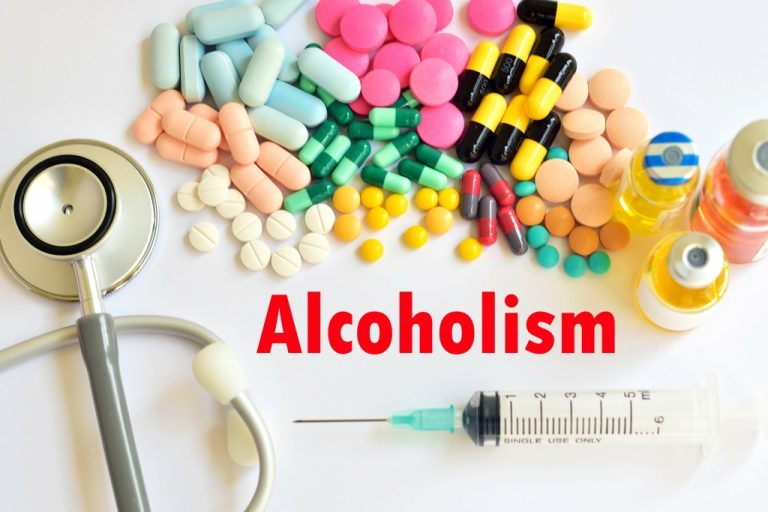But Dr. Streem knows that it can be hard to recognize signs of alcohol abuse in ourselves. Often, people with alcohol use disorder find that other people in their lives spot their addiction long before they do. Whatever your reason to quit drinking, know that you’re doing yourself a favor. Alcohol impacts our sleep, relationships, weight, risk for serious chronic conditions and more.
Get Enough Sleep and Maintain a Healthy Diet
For instance, they may recommend reducing alcohol intake by two drinks each day until reaching zero drinks for individuals who drink fewer than 20 standard drinks a day. For those who drink more than 20 drinks a day, the tapering schedule becomes more complex and may require a different approach. https://www.wellnessdayla.com/how-to-tighten-sagging-breasts-in-7-days/ Consistency in the tapering schedule is essential, as is maintaining proper hydration and nutrition. A structured plan might involve reducing the number of drinks by a set amount at regular intervals to gradually decrease alcohol intake until it reaches zero or a predetermined moderate level.
- All of these withdrawal symptoms are common during acute alcohol withdrawal syndrome.
- Then come up with a reduction rate you think will be safe, and that you can stick to.
- Discover the transformative journey at Derry Rehab Center for drugs and alcohol, your beacon of hope.
- Shine a light on the fentanyl crisis this Fentanyl Awareness Day.
- This is a benefit that isn’t available to all who attempt to taper at home.
How Can Group Therapy Help Treat My Addiction?
If you want to cut back your alcohol consumption or stop drinking alcohol altogether, tapering may help. Tapering is the process of gradually weaning off alcohol rather than quitting cold turkey. By seeking professional help, you gain access to a range of resources and strategies to assist you in your journey towards sobriety. They can help you navigate the challenges http://www.w-world.ru/tovary-dlya-zhenshchin/dekorativnaya-kosmetika-dlya-litsa/catrice-prime-and-fine-42505877688311.html of withdrawal symptoms, develop coping mechanisms, and provide guidance on relapse prevention. Professionals can also monitor your progress, adjust treatment plans as needed, and offer a safe and confidential space for you to share your experiences and concerns. Quitting alcohol cold turkey can be dangerous and should only be done under medical supervision.
Addiction Freedom
For example, some people choose to write a list of reasons why they want to stop drinking alcohol, and revisit the list to remind themselves after a relapse. You may want to speak with a loved one or therapist about a strategy to prevent relapses from happening. If you plan to taper your drinking in order to stop, make sure that you limit your intake consistently, avoid fluctuations, and adhere to a weekly reduction schedule with a set date to stop. Generally speaking, alcohol home detox is neither the most effective nor the safest method of quitting alcohol. However, it is inexpensive and may be suitable for someone whose job, relationships, and well-being are not in jeopardy. Alcohol is a central nervous system depressant that affects your brain.

Can I Just Quit Alcohol Cold Turkey?

In other words, they slow down chemical communication in the brain and body. This is what causes many of the positive and negative effects of drinking, and it causes http://www.ridge.ru/index.php?go=Pedigree&file=viewdog&id=175&pnd=5 the effects of prescription depressants. Explore how to address alcohol & underage drinking; understand risks, prevention strategies, and support options.
- For example, if you normally drink 6 glasses of wine each night, you can try reducing that to 5 glasses of wine a night.
- People with moderate to severe alcohol addiction may find an alcohol taper difficult to accomplish.
- Educate your loved ones on dangerous symptoms, too, so they can look out for you and get you medical attention if you need it.
- Ideally, this schedule will be determined with the assistance of a doctor or addiction treatment professional.
Lastly, it is essential to have a comprehensive plan that includes strategies for coping with cravings and emotional distress. Engaging in therapy, support groups, and other recovery resources can provide the necessary tools to navigate the challenges of alcohol tapering successfully. More serious alcohol withdrawal symptoms may require medical attention.
- Discover what Vivitrol is and how it aids recovery, from effectiveness to long-term sobriety benefits.
- Tapering off alcohol helps some people start their recovery journeys.
- Unless a person has a serious health condition or has experienced severe withdrawals before, they may not need more than a supportive environment to help them through alcohol withdrawal.
Navigating Common Challenges in Alcohol Tapering
It is important to remember that quitting alcohol is a highly personal journey, and the most effective strategy may vary from person to person. Seeking professional guidance, building a support system, and utilizing appropriate strategies can greatly enhance the chances of successfully quitting alcohol and achieving long-term sobriety. The cold turkey approach involves quitting alcohol abruptly and completely. This method requires a strong commitment and determination to quit without any gradual reduction or tapering. While this approach can be challenging, it can also be empowering for individuals who prefer an immediate and decisive change.
Understanding alcohol dependence is the first step in addressing the issue. Interventions include behavioral therapies, medications approved by the US Food and Drug Administration (FDA), and support programs. Early detection and comprehensive treatment strategies are crucial for managing AUD and mitigating its risks. The condition encompasses a spectrum from mild to severe, with various physical and psychological symptoms that signal its presence.
